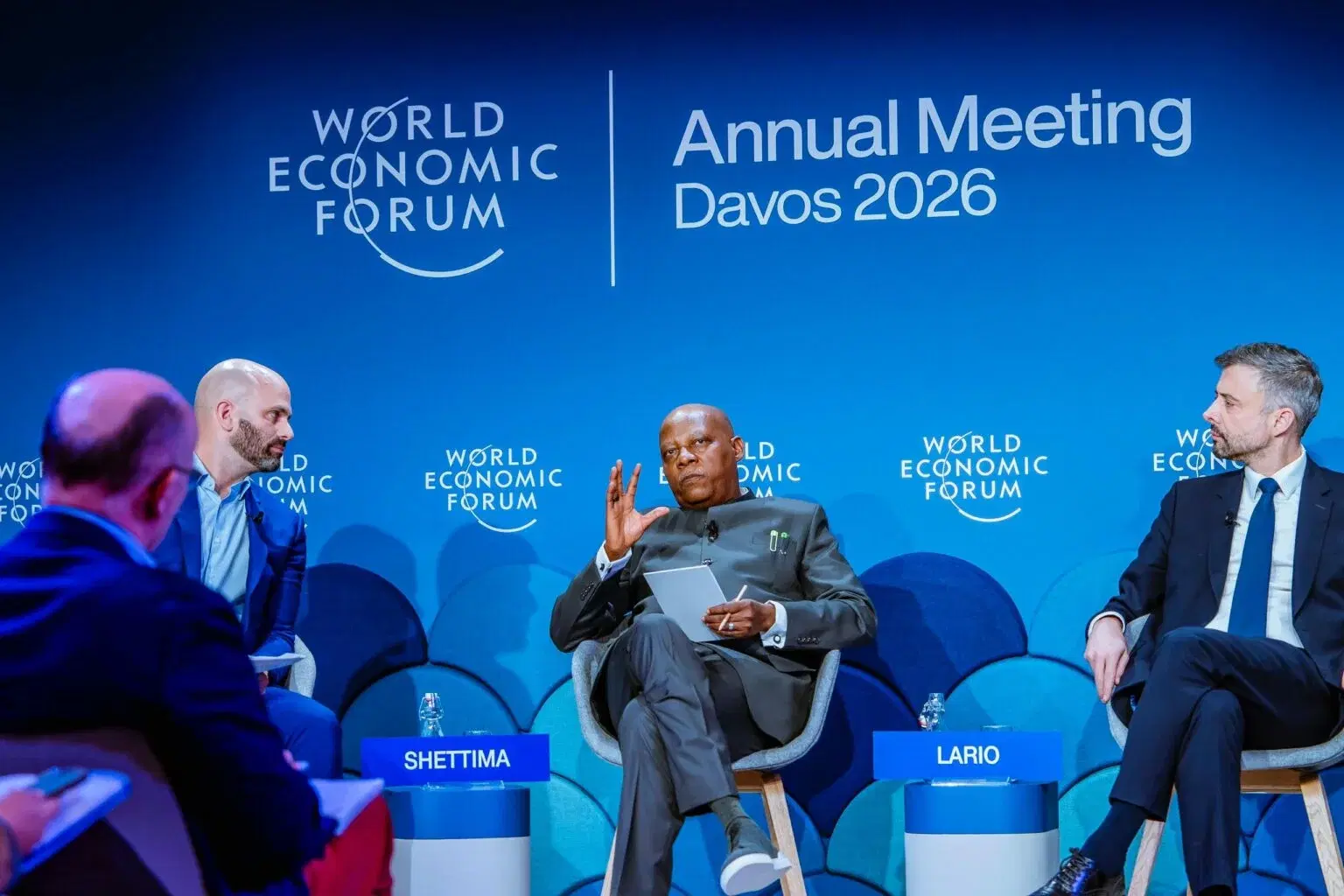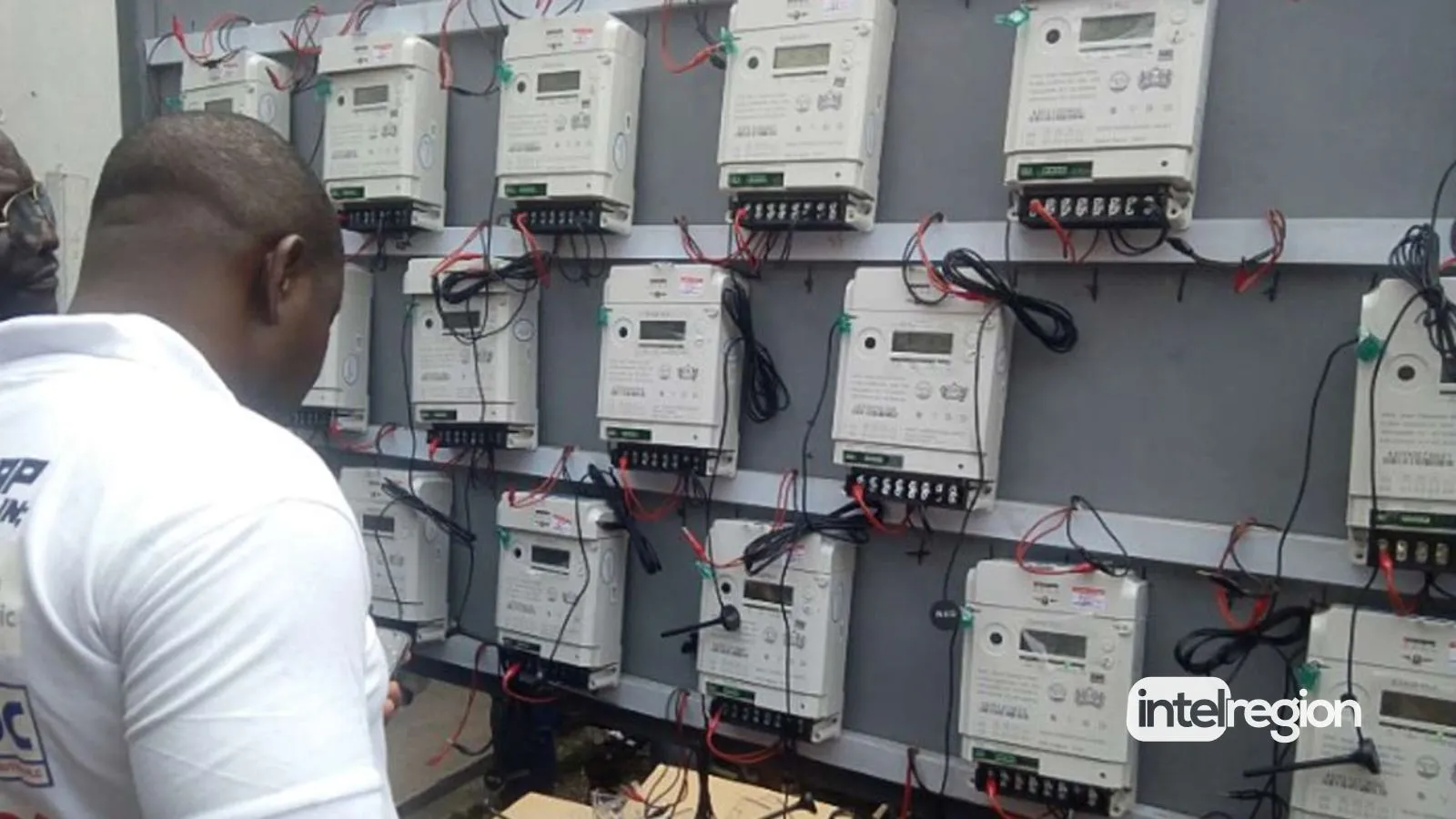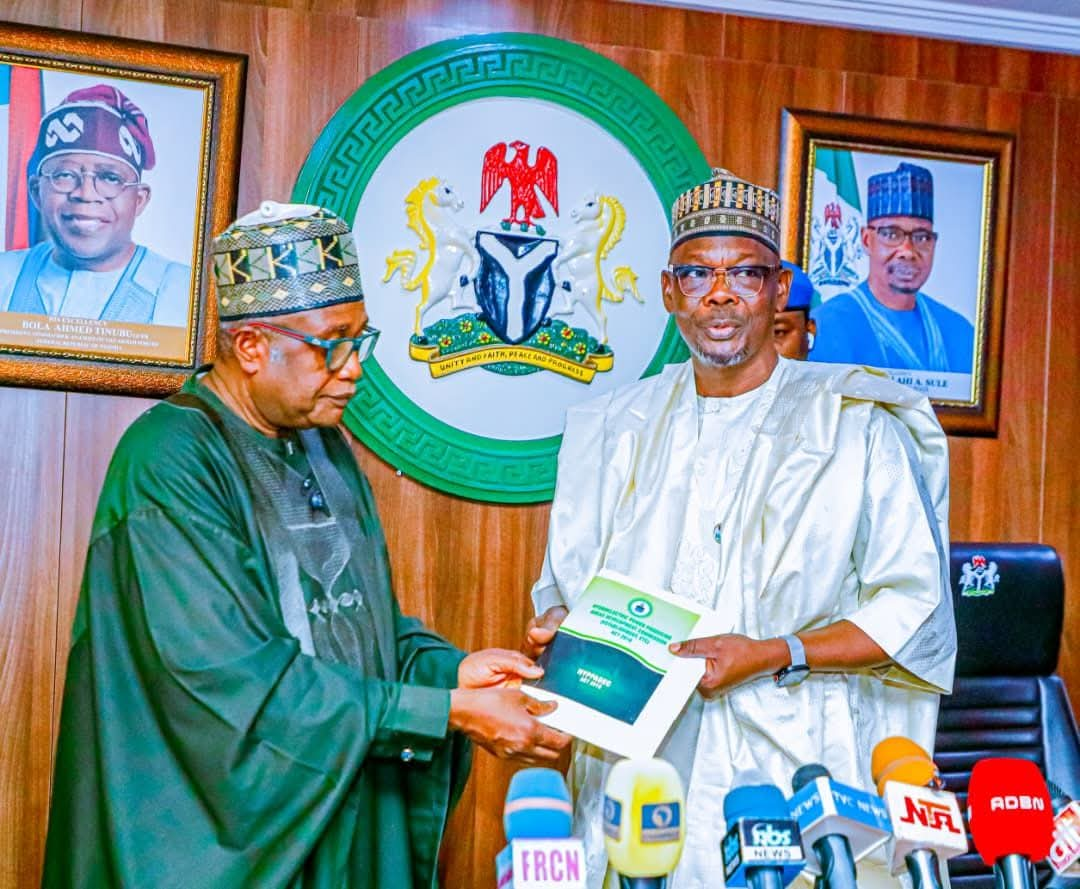Nigeria’s telecommunications industry is set for a major boost as operators have committed over $1 billion to network equipment purchases, marking the sector’s largest infrastructure investment in years.
Deliveries are expected to begin in July, the Minister of Communications and Digital Economy, Dr. Bosun Tijani, announced on Thursday.
Speaking during an interview on TVC, Dr. Tijani revealed that the unprecedented investment was made possible following a recent 50 per cent tariff adjustment, the first such review in over a decade. The controversial move, approved in February, has enabled operators to better manage operating costs, which have surged by more than 300 per cent over the past ten years.
“We have evidence that our telcos have placed orders of equipment worth over \$1 billion. That hasn’t been done in a long time in this country,” Dr. Tijani stated. “We are tracking these orders because we know the OEMs \[Original Equipment Manufacturers], and we know they will start to come into the country between June and July.”
The massive procurement is aimed at modernising Nigeria’s telecommunications infrastructure, improving broadband penetration, and addressing long-standing issues such as dropped calls, slow internet speeds, and poor rural connectivity. The equipment is also expected to support the expansion of 4G and 5G networks across the country.
“We expect that by Q3, Nigerians will start to experience better, significant quality of service,” the minister said.
The development builds on an earlier statement by the Executive Vice Chairman of the Nigerian Communications Commission, Dr. Aminu Maida, who disclosed during a Lagos colloquium on April 29 that local telecom firms had placed over $1 billion in equipment orders with Chinese vendors to facilitate a large-scale network overhaul.
With data consumption rapidly overtaking traditional voice services, the investment is seen as critical to easing network congestion and meeting growing consumer demand, particularly in urban areas.
“Today, many people make more calls via WhatsApp than through regular voice networks,” Tijani noted. “The sector was stagnating while consumer demand was rising sharply.”
The Minister also emphasized the importance of expanding network coverage to rural and underserved areas, calling it both an economic imperative and a national security priority.
“Rural connectivity isn’t just about giving people access; it’s about strengthening our economy,” he said. “If we don’t invest in these areas, commercial telcos won’t go there on their own. That’s why President Bola Tinubu has made rural coverage a priority.”
While the current wave of investment is largely driven by private operators, Dr. Tijani stressed that government support remains vital in regions where the market cannot sustain commercial operations.
“We must go beyond where private capital stops,” he said. “Rural coverage is not just an economic issue but a matter of national importance.”
The ambitious upgrade is expected to significantly reshape Nigeria’s digital landscape, ushering in improved services for millions of users nationwide.











